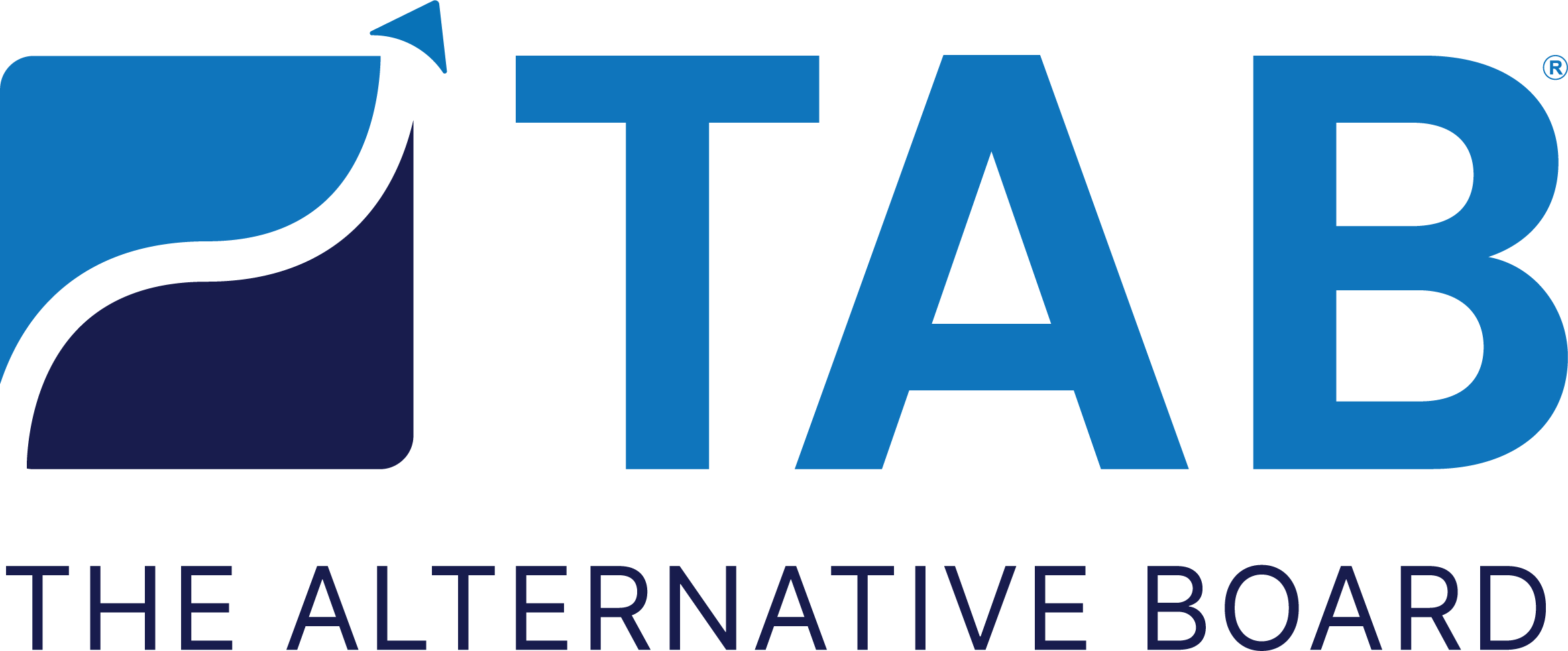Employers Can Require Workers to Get Covid-19 Vaccine, Government Says
Photo by Artem Podrez from Pexels
Employers can require workers to receive the Covid-19 vaccine and bar them from the workplace if they don’t comply, according to new guidelines from the federal government.
The Equal Employment Opportunity Commission’s (EEOC) recent guidance allows employers to set a requirement that "an individual shall not pose a direct threat to the health or safety of individuals in the workplace." Under the guidance, an unvaccinated employee is a threat to the health and safety of the workplace and as such, can be fired.
Exceptions exist for employees with disabilities or "sincerely held" religious beliefs, protected by the Americans with Disabilities Act (ADA) and Title VII, respectively. If necessary, employees can make a request for reasonable accommodation under the ADA, and the employer is required to attempt to satisfy that request if possible.
The disabilities act puts limits on an employers’ ability to require medical examinations or procedures, but the EEOC clearly states that vaccination does not fit this definition. Similarly, requiring an employee to show proof of Covid-19 vaccination does not qualify as a disability-related inquiry.
The EEOC states that employers “should ordinarily assume that an employee’s request for religious accommodation is based on a sincerely held religious belief,” but also allows that an employer is justified in requesting more information from the employee if there is an “objective basis for questioning” if the religious belief is sincere.
Under federal, state, and local laws, employees could be eligible for unpaid leave or similar entitlements, so employers do not have the right to fire an employee who declines to be vaccinated on the spot. However, the legislation makes clear that if work cannot be done remotely and it is not possible to accommodate the unvaccinated employee, they can be terminated.

